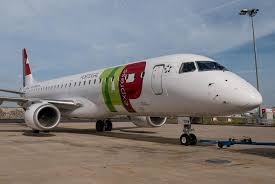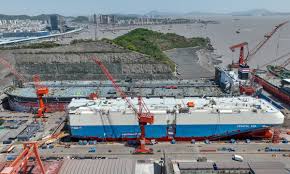Portugal’s TAP manages to stay profitable as it enters final restructuring year

Lisbon: Portuguese carrier TAP’s revenues rose 1% last year, sufficient for it to claim an all-time high figure of €4.2 billion ($4.5 billion), although its net profit fell by 70% – a decline it attributes partly to revenue adjustments and labour provisions.
The airline’s full-year performance includes the effect of its full consolidation of regional carrier Portugalia since November.
It kept the rise in operating costs to 1.5% and achieved an operating profit of €314 million, down by 9%.
Chief executive Luis Rodrigues says that, despite the profitability dip, the figures demonstrate the “recovery trajectory” of the carrier, as it enters the final year of its restructuring plan.
Rodrigues says 2025 will be “challenging” but that the company will “remain focused” on transforming into a “sustainably profitable airline”.
TAP’s passenger revenues declined slightly during the year, due to a negative adjustment for non-flown revenues in the fourth quarter.
The airline says a number of elements contributed to this adjustment, including a “refocus” of its loyalty programme, re-establishment of ticket terms adjusted during the pandemic, and lower expired ticket revenue.
But a strong performance from the maintenance division – particularly for engine-shop activity – offset this decline.
TAP turned in a third consecutive year of net profitability, which Rodrigues attributes to the higher revenues and “stabilisation” of operating results.
Although net profit was down by €124 million, the airline says the revenue adjustments had a €109 million negative effect. It recorded a labour provision after losing a court appeal over reclassification of cabin crew, while there was also an impact from Brazilian currency exchange.
Over the course of this year the airline expects to expand its long-haul network with three more US routes – to Boston, Los Angeles and San Francisco – while it intends to take delivery of two more Airbus A321neos and an A320neo. The airline’s fleet at the end of 2024 stood at 99 aircraft.
“Forward bookings are in line with the previous year, despite the increase in capacity,” says the carrier.
“However, competition in key markets is expected to intensify, putting further pressure on yields.”
It adds that rising costs will also present “challenges” to operating margins.
But TAP’s balance sheet is “solid”, it states, with a €652 million cash position at the end of last year, just before a shareholder injection – a third and last capital tranche – of €343 million in mid-January.





